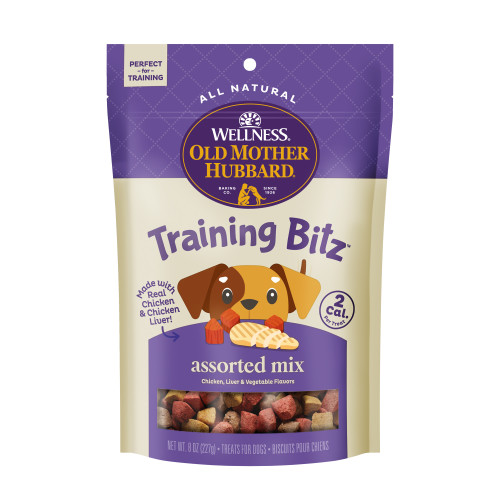March 25, 2022
Is My Dog Depressed? 5 Signs To Look For
Is my dog depressed?
Dogs have feelings just like people do, and it’s suggested that their feelings are more complex that many people give them credit for. We at least know that dogs can suffer from depression. If your dog has been out of sorts lately, it may not be the usual causes, and you may have even wondered “is my dog depressed”? If so, these are 5 signs to look for to know if your dog is depressed.
1. Changes In Diet And Energy
Depression in humans and dogs is often signaled by changes in behavior such as lethargy and poor appetite; however, physical illness can also be marked by lethargy and poor appetite. How can you tell the difference?
Ask if your dog has experienced a recent trigger for depression. Dog depression triggers include:
- Major environmental changes, such as moving to a new home or city
- A change to the family dynamic like a new baby, romantic partner, or pet
- A tragic loss such as the death of a human in the home or a fellow pet in the home
- Owner grief, trauma, or depression (animals often mirror our emotions)
If there has been a triggering event, then it’s very possible that your dog’s behavioral changes are the result of depression rather than illness. Triggers are an important sign to look for when asking if your dog is depressed.
2. Regressed Behaviors
Another sign your dog is depressed is in the form of regressed behaviors. Did your dog suddenly start to have accidents around the house or start chewing shoes despite having been trained months ago not to?
Acting out is a sign of depression. Your dog could be trying to tell you that something’s not right with them emotionally with their actions. Rather than going straight to discipline, try to gauge what could be causing your dog’s outbursts.
Have you spent less time together recently? Has there been a triggering event? If you can’t pinpoint a possible cause, you can always get your dog evaluated.
3. Excessive Licking
While the why behind excessive feet licking isn’t clear, it’s known that feet licking is a definite sign of depression in dogs. Possibly, the habit of excessive feet licking is a form of self-comforting for dogs. It can become a habit or the result of a medical issue, but if these things are ruled out, then it’s likely a sign of depression. Spending extra time with your dog can help with dog depression, though, and is a good way to help comfort your dog when they’re crying for help.
4. Reclusive Behavior
If you’re wondering is your dog depressed, look to see if he’s hiding out more often. Depressed dogs not only sleep more, but they also hide out more. If you notice your dog going to be alone with their feelings, then they could be sad.
It’s suggested to get your dog outside for exercise or to engage your dog in play more to help stimulate mood when you notice reclusive behavior.
5. Low Interest In Activities & Relationships
Finally, another sign your dog might be depressed is that they’re withdrawn from pets, people, or activities that used to bring them joy. If your dog used to love going to the dog park or playing with you or running around but not doesn’t seem to want to do any of those things, your dog could be depressed. As with humans, withdrawal from social activity is a sign of depression. While your dog can’t talk it out, you can always help your dog by making sure you feed them a healthy, natural diet, get them regular medical attention, spend quality time with them, and engage them in play. Speaking lovingly to your dog helps as well.
What Can I Do If My Dog Is Depressed?
While you may not have the same lexicon as your dog, the language of love is common for all. Dogs hear love in your tone, so when your dog shows signs of depression, engage with them just as you would a close friend going through a hard time. Your dog will be all the more grateful when their depression clears that you were there for them.
Sadly, dog depression is real. By knowing the signs of depression in dogs, you can help your four-legged best friend in their time of need. Talking and time together are two ways to help with depression. Other ways are by making sure that your dog has a well-rounded, natural diet of dog foods and treats such as those made by Wellness Pet Food. Healthy diets keep our brain chemistry, emotions, and energy levels in check. Help your dog’s depression by ensuring they are receiving high-quality nutrition.






